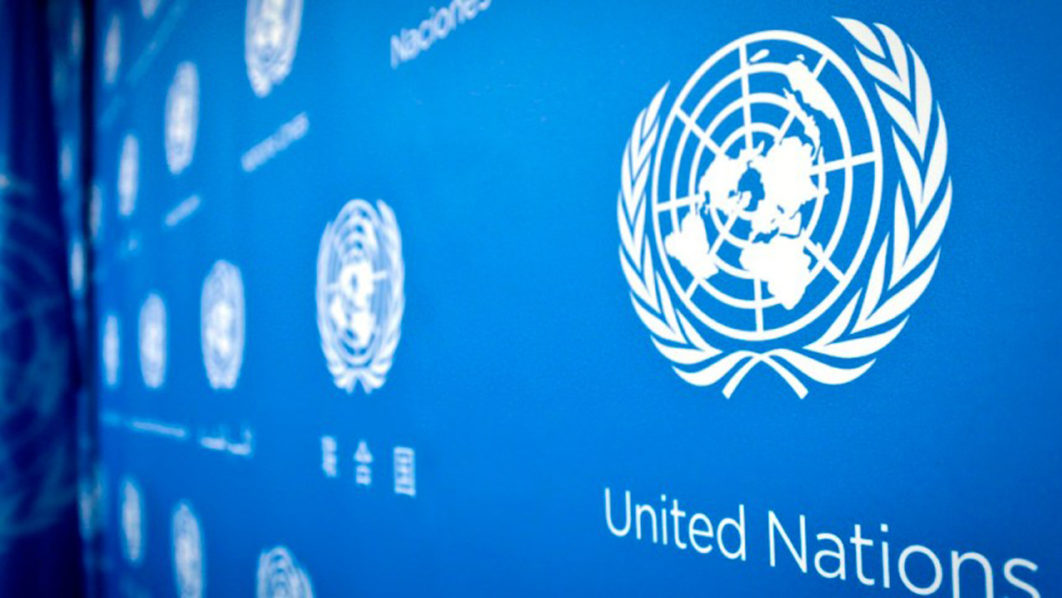
The 23 countries including Nigeria, European, Asian and Latin American countries have pledged to work together to protect the world’s precious forests, while also promoting sustainable trade and supply chains of agricultural commodities.
The statement signed by the press and public affairs officer, British Deputy High Commission, Lagos, Ndidiamaka Eze, said the FACT Dialogue brings key countries, which buy and produce products such as beef, soy and palm oil together to agree on how these can be traded more sustainably.
“The landmark is the result of collaborative action on an issue that is complex but also critical to mitigating greenhouse gas emissions and limiting a global temperature rise to 1.5 degrees Celsius.
“International trade in agricultural commodities like palm oil, soy and beef, is worth over $80b yearly. Globally, 1.6 billion people depend on forests for their livelihoods, many of them in developing countries,” Eze said.
She noted that Nigeria is a producer and consumer of forest risk agricultural commodities. Domestically, she said, it produces cocoa and palm oil but it also imports palm oil from Southeast Asia.
According to her, forests are the largest natural carbon sink and a vital harbour of biodiversity, but they are disappearing at an alarming rate.
Nigeria, according to her, has one of the highest deforestation rates globally as it loses approximately 350,000 – 400,000 hectares yearly. Logging, agriculture and collection of fuelwood are the leading causes of forest loss in Nigeria,” he stated.
She added that through programmes such as Investments in Forests and Sustainable Land-Use (IFSLU), the UK Government is supporting a shift to sustainable supply chains for agricultural commodities associated with deforestation, including palm oil and cocoa, and creating new investment opportunities in sustainable land use through public-private partnerships.
“The UK Government is keen to intensify our partnership with Nigeria to ensure an inclusive vision and effective action for sustainable agriculture, forests and land use economy, these areas have the potential to address major barriers to development around poverty, food and nutrition insecurity, unemployment, environmental degradation and instability,” she said.
In his remark, COP26 President-Designate, Alok Sharma said: “The FACT Dialogue has much work ahead to deliver on its objectives as we move towards COP26. But the publication of today’s joint statement marks a highly important first step in laying the foundation for our work.
“To have brought so many countries together, both producers and consumers, and to plan a way forward on sustainable trade is a fantastic start. I am confident that this is just the beginning as we work to protect trade and development, and our biodiversity-rich forests, in equal measure.”
Also, British High Commissioner, Catriona Laing said: “In Nigeria, the UK is working with the Federal Government, the private sector and with local communities across the country to promote investment in climate-smart practices and business models that will help reduce emissions, increasing productivity and build climate resilience.
“Nigeria’s active engagement in the COP26 FACT Dialogue and their endorsement of the joint statement is very welcome. We look forward to more collaborations like this as we continue to work together towards a common goal of sustainably producing agricultural commodities.”



